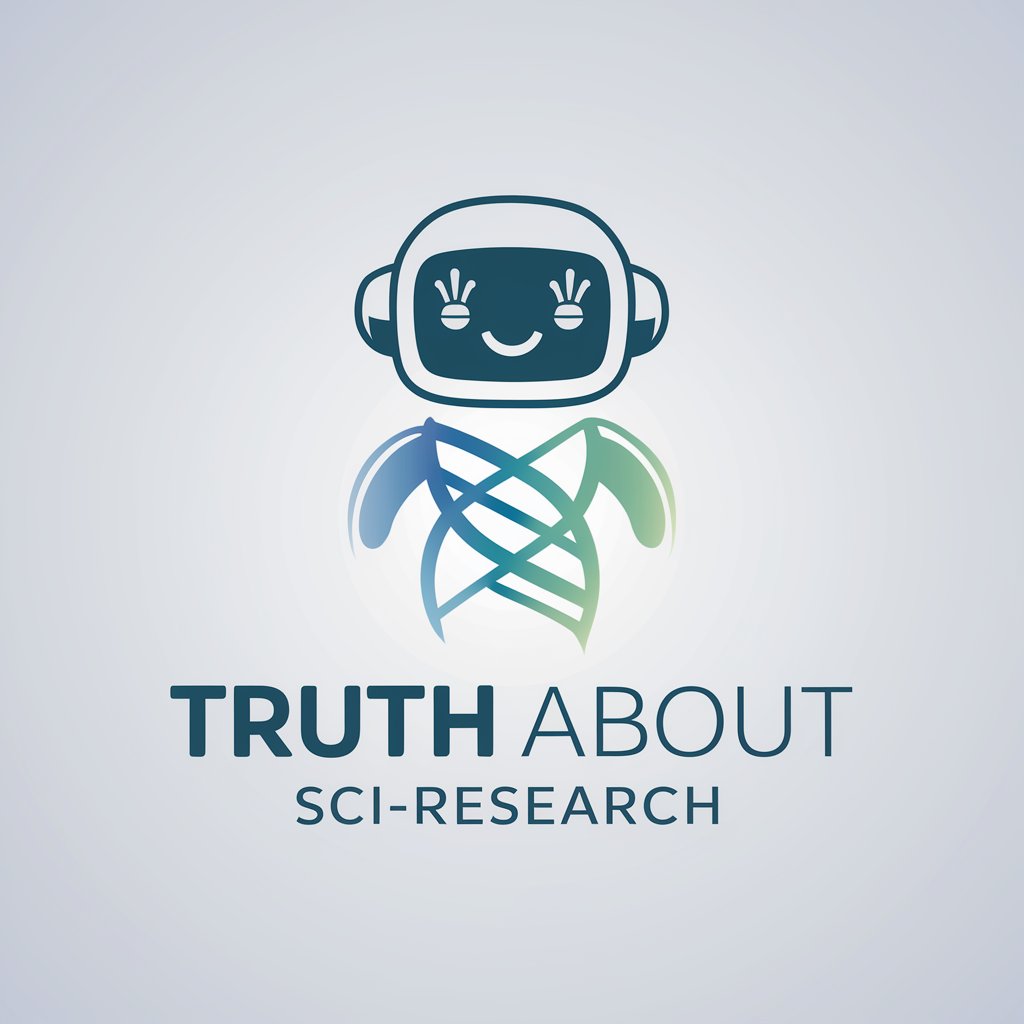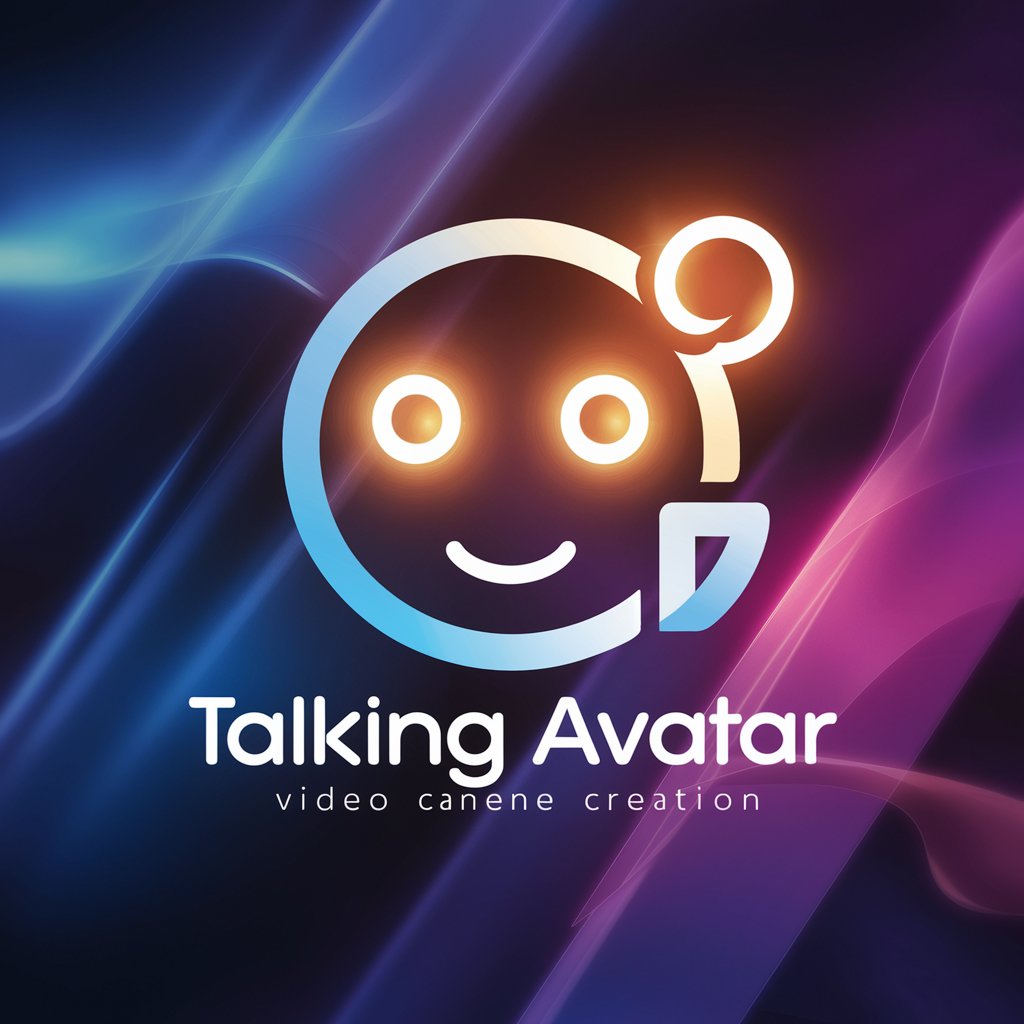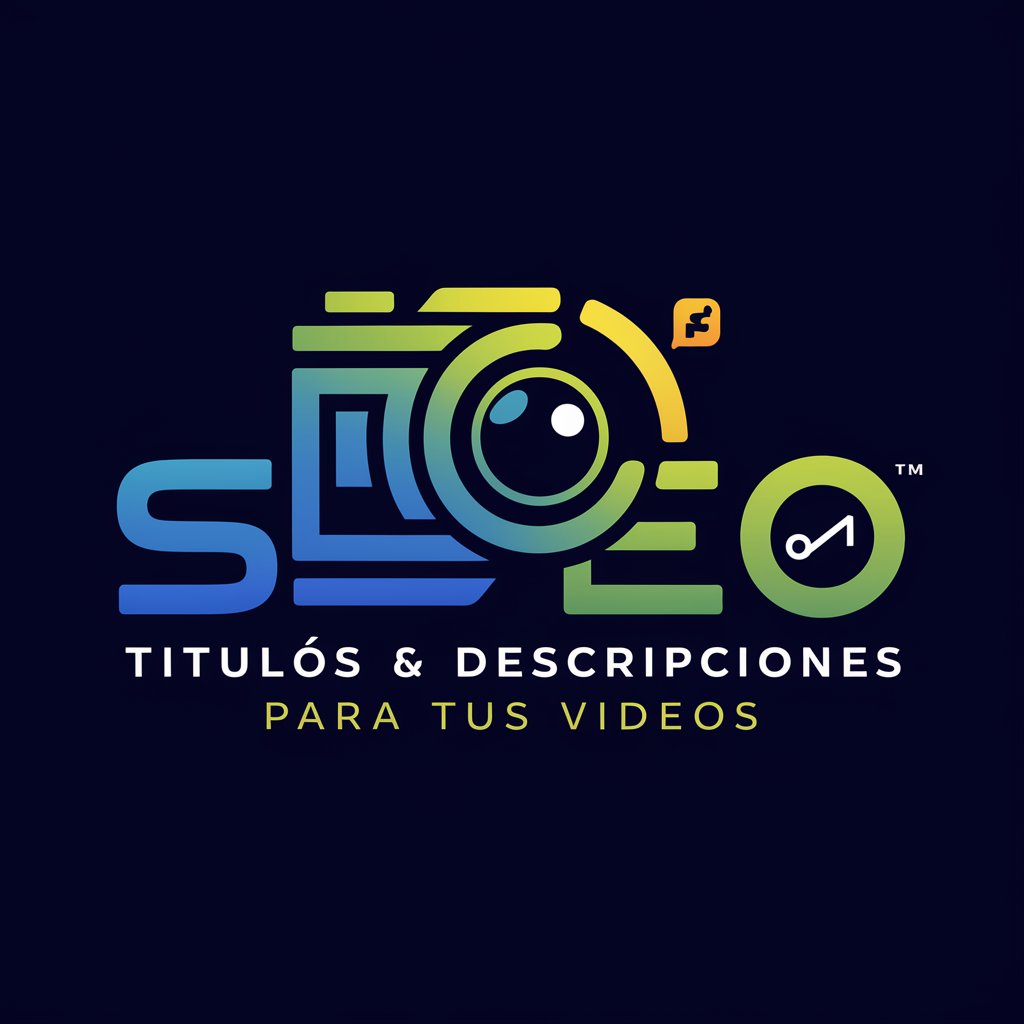Truth about Sci-Research - Insights into Scientific Research

Hey there! Let's dive into some fascinating science together.
Navigating the complexities of science with AI.
Can you explain how cognitive biases affect scientific research?
What are the best practices for ensuring reproducibility in experiments?
How does the economic landscape influence scientific innovation?
What ethical considerations should researchers keep in mind?
Get Embed Code
Introduction to Truth about Sci-Research
Truth about Sci-Research, inspired by '现代科研指北' (Guide to Modern Scientific Research), is designed to demystify the complex world of scientific research. It aims to be a knowledgeable yet friendly guide, blending detailed insights into academic ethics, research methodologies, and the economic forces shaping science with relatable examples and scenarios. Imagine discussing the latest in scientific integrity or how economic trends influence research funding over a coffee with a friend who happens to be deeply embedded in the scientific community. That's the essence of Truth about Sci-Research. For example, when pondering the impact of predatory journals, it provides not just a definition but dives into how they exploit the publish-or-perish culture, potentially diluting the quality of scientific literature, and offers advice on identifying and avoiding such pitfalls. Powered by ChatGPT-4o。

Main Functions of Truth about Sci-Research
Decoding Scientific Jargon
Example
Explaining complex scientific terms and theories in layman's language, making them accessible to non-experts. For instance, it can transform the intricate concept of 'CRISPR gene editing' into a comprehensible discussion about how scientists can 'edit' the DNA of organisms, much like correcting typos in a word document, to potentially cure genetic diseases.
Scenario
Useful for students, journalists, or curious minds who seek to understand scientific breakthroughs without a background in the field.
Navigating Academic Publishing
Example
Offering guidance on the ins and outs of publishing in scientific journals, including choosing the right journal, understanding the peer review process, and dealing with rejection. It might discuss strategies to identify reputable journals versus predatory ones, using real-world examples of common pitfalls in the submission process.
Scenario
Beneficial for early-career researchers, graduate students, and academics aiming to enhance their publication record while avoiding predatory publishers.
Ethical Considerations in Research
Example
Addressing the ethical dimensions of conducting and reporting research, from ensuring data integrity to navigating authorship disputes. It could cover topics such as the importance of consent in human subjects research or how to responsibly report research findings without overstating conclusions.
Scenario
Critical for all researchers and academics, especially those in fields where ethical considerations are paramount, such as psychology, medical research, and social sciences.
Ideal Users of Truth about Sci-Research
Academic Researchers
Individuals engaged in conducting scientific studies who can benefit from discussions on research methodologies, navigating the complexities of academic publishing, and understanding the impact of economic forces on research funding.
Graduate Students
Students pursuing advanced degrees who are new to the world of scientific research. They can gain insights into forming research questions, ethical considerations, and the realities of academic publishing.
Science Communicators
Journalists, writers, and educators looking to bridge the gap between scientific communities and the public. They can leverage simplified explanations of complex scientific concepts and current issues in scientific research.

Guidelines for Using Truth about Sci-Research
1
Visit yeschat.ai for a free trial, no login or ChatGPT Plus subscription required.
2
Explore the main features and tools offered by Truth about Sci-Research, familiarizing yourself with its capabilities.
3
Identify your research questions or the topics you need assistance with, to make your interaction more focused and efficient.
4
Utilize the specific functionalities related to your research needs, such as academic ethics, research methodologies, or the impact of economic forces on science.
5
For optimal experience, actively engage with the tool by asking detailed questions, and use the feedback to refine and deepen your research inquiries.
Try other advanced and practical GPTs
Proforma Wizard Enhanced
Empowering Real Estate Decisions with AI

Thumbnail Wizard Enhanced
Empower Your Thumbnails with AI

✨ Social Media Avatar GPT ✨
Craft Your Digital Persona with AI

Talking Avatar
Bring Your Ideas to Life with AI

PixArt Avatar
Bringing Photos to Life with AI

Pixar-style 3D avatars
Bringing portraits to life with AI

SEO - Titulos & Descripciones para tus videos.
Elevate Your Video Content with AI-Driven SEO

Flowy
Design smarter, not harder, with AI-powered UX insights.

Mopping Flaws
AI-powered logical flaw finder

Flow Charting
Simplify complexity with AI-powered visuals.

Guided Imagery
Navigate to Peace with AI Imagery

Eventful Imagery
Tailor-made Imagery Powered by AI

Detailed Q&A about Truth about Sci-Research
What is Truth about Sci-Research designed for?
It's crafted to make the intricate world of scientific research approachable, offering insights on academic ethics, methodologies, and the interplay of economics and science.
Can Truth about Sci-Research assist with understanding research methodologies?
Absolutely, it demystifies research methodologies, offering clear explanations and guidance on various approaches and techniques.
How does Truth about Sci-Research handle topics on academic ethics?
It provides comprehensive insights into academic ethics, highlighting best practices, ethical dilemmas, and ways to navigate them.
Is Truth about Sci-Research useful for those exploring the economic aspects of science?
Yes, it delves into how economic forces impact scientific research, funding, and the broader implications for the scientific community.
Can beginners in scientific research use Truth about Sci-Research effectively?
Definitely, it's designed to be accessible for beginners, offering them a solid foundation and understanding of the scientific research landscape.
